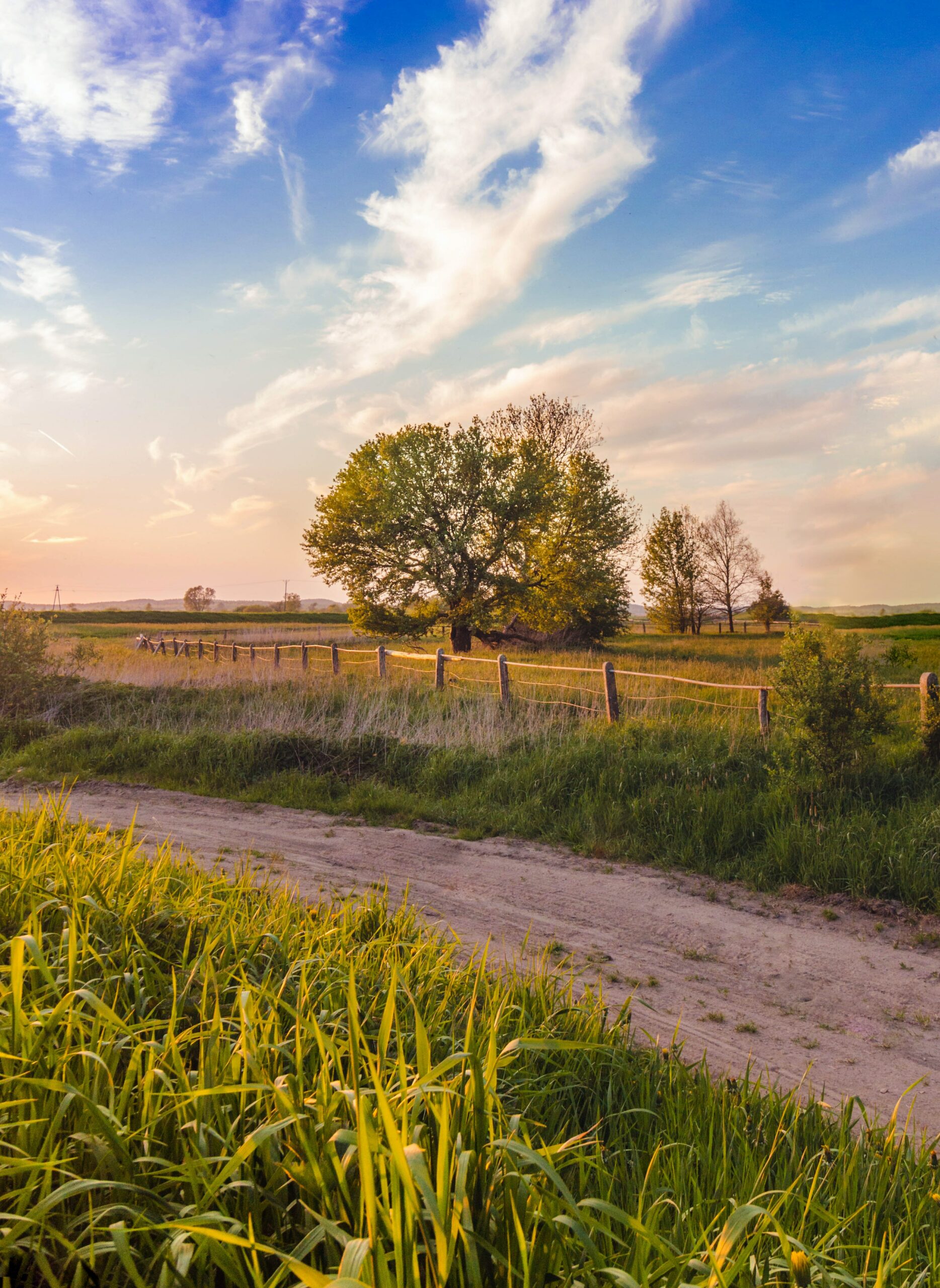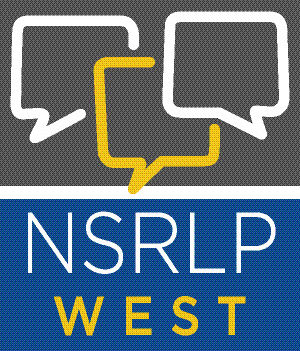
By Qian Wang, Wabasca, Northern Alberta
Living in rural and remote communities is a challenge for many Canadians. Generally speaking, people living in rural and remote communities have limited access to justice services due to a multitude of reasons.
The Reality of Geography and Demographics
Geographically, rural and remote communities in Canada are normally located in areas that are far from urban centres. Rural and remote areas have sparse populations and long distances that often require people to travel in order to access essential services. This geographical barrier makes it difficult to provide public transportation. Long distance transportation is costly in and of itself and sparse populations makes it untenable to have public transportation available for a small number of people.
Rural and remote population may consist of people of advanced age. Because of this, elder abuse is an issue of high concern. Elder abuse takes many forms. Financial abuse of elders is on the rise due to the recent loss of income and lack of opportunities in rural and remote areas. This reality has been aggravated by recent economic downturns. Elder neglect is another major concerns in rural and remote areas. Many elderly people live alone and have neither access to professional care nor family members’ support.
The Issue of Technology
Rural and remote communities often have very limited access to newer technology. This lack of technology can mean that a significant number of people cannot access public human services. For example, access to high-speed broadband internet service is considered by many Canadians as a necessity. However, in many rural and remote areas, high-speed broadband is still a luxury inaccessible to many. Lack of technology also restricts access to legal information. Without adequate information, rural and remote population are isolated further.
Domestic Violence
Domestic violence issues are present in all areas of Canada. Family ties and small town settings can make people in abusive relationships unwilling to come forward to seek help. Family lawyers and other legal professionals often come up against conflicts of interest in smaller communities. This can lead to individuals involved in a dispute being unable to receive legal assistance. Victims of domestic violence in rural and remote areas may face stigma from members of their own community and a lack of transportation and local shelters can perpetuate and worsen abusive relationships.
a Way Forward
Remoteness and isolation affect access to justice in various ways. As a law student, how can one help to improve access to justice in remote areas? One potential way to help is to provide public legal education information so that people are aware of their options and rights. Co-operating with local community service centres to provide legal coaching and making good use of ready-made legal transaction kits for simple legal matters are some examples of empowering individuals while providing legal information. Similarly, providing a set of easy to navigate self-representing guides for common legal issues may also benefit those representing themselves in court. Finally, encouraging more legal professionals to be involved in providing assistance to rural and remote populations and building a network of legal professionals who believe in increasing legal accessibility can make a meaningful difference. The more extensive the network becomes, the more people will benefit from it.
About twenty percent of Canadians live in rural and remote communities. Facing unique challenges, rural and remote population have unmet legal needs. Law students and future lawyers have a duty to use what they know and what they learn to help rural and remote population to recognize their needs, identify their issues, and seek proper advice. Reasonable access to justice in rural and remote communities is not just an unachievable dream if we all take action to help.
Photo by Tomasz Filipek on Unsplash


